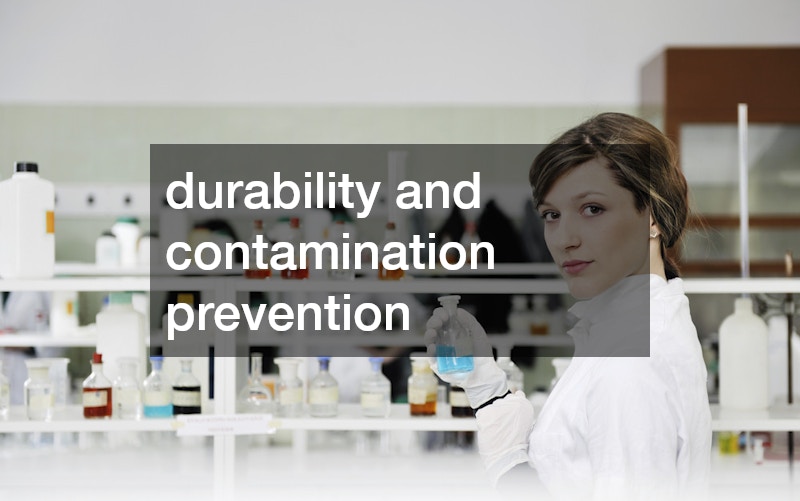
Chemical resistant flooring is essential in laboratories due to the unique environment and constant exposure to hazardous materials. Labs often work with various chemicals, solvents, and acids that can quickly degrade or damage standard flooring types. A chemical resistant floor ensures durability and safety, offering protection against spills, corrosion, and other damage caused by these substances.
One of the key reasons chemical resistant flooring for laboratory settings is important is to prevent contamination. Chemical spills that seep into the flooring can be challenging to clean and can lead to cross-contamination between experiments.
This type of flooring creates a non-porous barrier, allowing for easy cleaning and maintaining a sterile environment—critical in research and development settings.
Another significant benefit is the extended lifespan of the flooring. Traditional flooring materials can become cracked, stained, or deteriorate over time when exposed to harsh chemicals. Chemical resistant floors are designed to withstand prolonged exposure to these substances, reducing the need for frequent repairs or replacements. This durability ensures that labs maintain high-functioning spaces without costly and disruptive renovations.

In addition to durability and contamination prevention, chemical-resistant flooring enhances safety. Many laboratory floors are exposed to slick liquids and hazardous substances, creating potential slip hazards. These floors are designed with anti-slip properties, minimizing the risk of accidents and ensuring the safety of lab personnel.